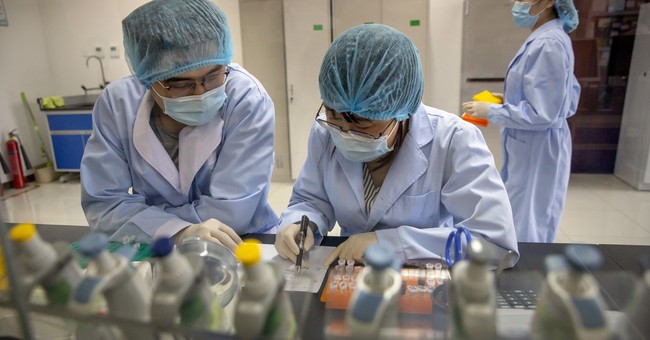
CDC Changes Its Tune About Antibody Testing
by Beth BaumannThe Center for Disease Control is now telling Americans to be cautious about believing antibody tests used to determine if a person was previously infected with the Wuhan coronavirus.
Serologic tests – commonly referred to as antibody tests – detect whether or person previously had the Wuhan coronavirus but showed no symptoms "by measuring the host humoral immune response to the virus." If an antibody test is given to someone in an area with a low number of infections, it is highly probable that "less than half of those testing positive will truly have antibodies," Forbes reported.
"In most of the country, including areas that have been heavily impacted, the prevalence of SARS-CoV-2 antibody is expected to be low, ranging from less than 5% to 25%, so that testing at this point might result in relatively more false positive results and fewer false-negative results," the CDC website stated.
Because the data is unreliable, the CDC says antibody testing shouldn't be relied upon to determine public policy decisions, like whether or not to reopen the economy or "grouping persons residing in or being admitted to congregate settings, such as schools, dormitories, or correctional facilities."
One of the other main issues, outside of false data, is people having a false sense of security and hope. People seem to believe that once they had the virus that they are immune from being reinfected down the road.
"It cannot be assumed that individuals with truly positive antibody test results are protected from future infection," the CDC said.
The Food and Drug Administration issued a similar warning. Antibody testing is used to "detect the body's adaptive immune response to the infection caused by the virus rather than detecting the virus itself. In the early days of an infection when the body's adaptive immune response is still building, antibodies may not be detected. This limits the test's effectiveness for diagnosing COVID-19, and this is one reason serology tests should not be used as the sole basis to diagnose COVID-19."